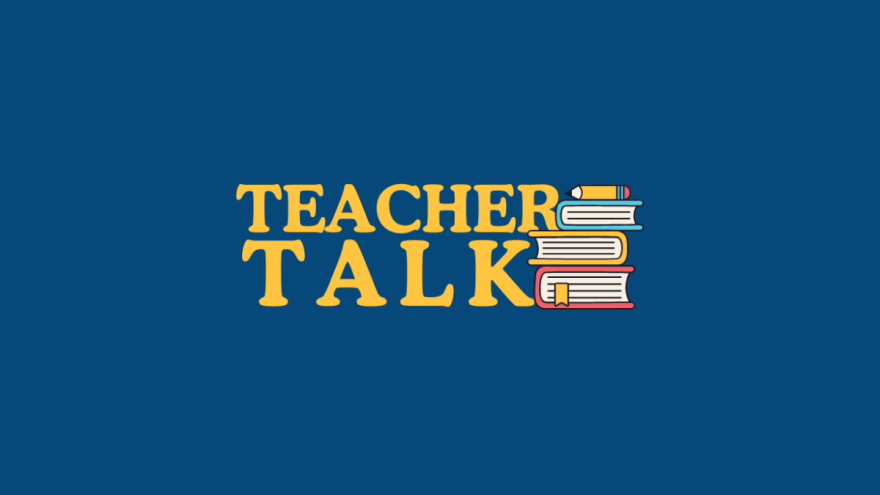I assume that everyone has core fears in their professional lives. Some fears are essentially out of our control. Farmers face weather disasters. Physicians face complicated diseases. Counselors confront horrifying abuse. Managers get blamed for employees’ decisions. The fears related to our decisions, though, can be especially tormenting because we have control. We make the decision.
Should my students take a test or write an essay? Should they do both? Should I give weekly quizzes? Should I get rid of quizzes? Should I assign daily homework? Should I eliminate homework? And at the heart of it all, is my class rigorous enough? Are my students learning as much as they need to learn?
Last year, a student told me that he hoped his brother would also have me as a teacher because my class is fun and easy. I took a deep breath because my core fear had seized control: My students aren’t learning as much as they could in my class. I’m not opening the door for more options and opportunities in their lives. I need to make my class more rigorous.
Then I responded:
“Have you learned a lot in this class?”
“Oh yeah, for sure!”
“But, you said it is fun and easy.”
“But, I’ve still learned a lot.”
Maybe we will never know with complete certainty if we made the right decisions. I’ve made decisions that seem to fly in the face of rigor. Rather than worksheets or textbook work, we play learning games and I keep track of that data. Rather than assigning daily homework, I tell my students that if they promise to work hard for their 50 minutes with me, I promise to not give homework. Rather than giving quizzes and tests, I assign essays and projects.
I hope I’m not setting up my students to struggle if they go to college and end up with loads of homework (which they will) and test after test (which they will). I hope I’m not eroding their work ethic. I hope I’m not making life more difficult for my colleagues who choose other methods. I hope I’m doing right by all of my students.
When my fears take over, I remember these words from President Theodore Roosevelt: “The credit belongs to the [person] who is actually in the arena, whose face is marred by dust and sweat and blood; who strives valiantly; who errs, who comes short again and again, because there is no effort without error and shortcoming; but who does actually strive to do the deeds; who knows great enthusiasms, the great devotions; who spends himself in a worthy cause.”
In the end, maybe leadership is about making decisions and then being able to respond to and live with the consequences of those decisions. Maybe fear is an essential ingredient in the recipe for great leadership.



